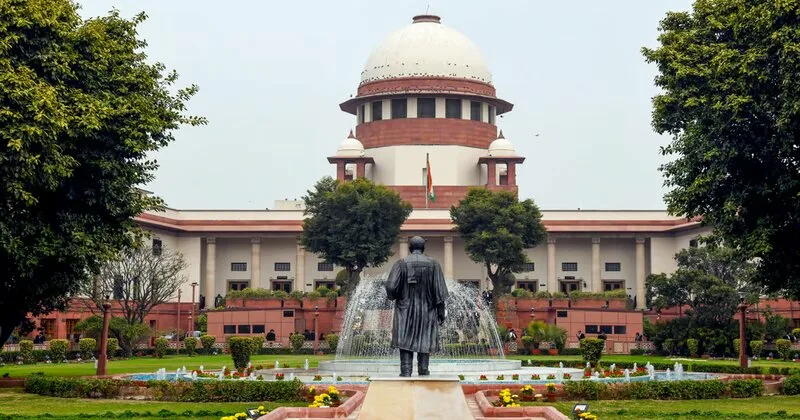
The Supreme Court on Friday refused to impose a status quo on Mumbai’s Dharavi redevelopment project while seeking responses from the Maharashtra government and Adani Properties Pvt Ltd. The court was hearing a plea from UAE-based Seclink Technologies Corporation, which challenged the Bombay High Court’s December 2024 verdict that upheld the state government’s decision to award the project to Adani. The high court had ruled that the tender process was fair and dismissed Seclink’s objections, clearing the way for redevelopment. Seclink had initially emerged as the highest bidder in 2018 with a ?7,200 crore offer, but the government later scrapped the tender, and Adani secured the project in 2022 with a ?5,069 crore bid.
During the hearing, Seclink’s counsel offered to increase its previous ?7,200 crore bid by 20% to ?8,640 crore and committed to fulfilling the same obligations as the highest bidder. However, the Supreme Court declined to halt the project and directed Seclink to submit an affidavit outlining its commitment. The court also instructed Adani to ensure that project-related payments are made through a single bank account. Maharashtra’s solicitor general defended the state’s decision, citing transparency in the tender process, while Adani’s counsel argued that significant progress had already been made, with new construction underway and thousands of workers employed.
The Dharavi redevelopment project has been a contentious issue, with Seclink repeatedly challenging the cancellation of its 2018 tender and the subsequent award to Adani in 2022. The Maharashtra government justified the cancellation, citing disruptions from the COVID-19 pandemic and global economic instability due to the Russia-Ukraine war. The high court had dismissed claims that the tender was designed to favor Adani, stating that multiple bidders had participated in the process. Dharavi, one of the world’s largest slums, remains a focal point for urban renewal efforts, with the redevelopment plan aiming to transform the area while accommodating its dense residential and industrial population. The Supreme Court is set to hear the matter again in the week of May 25.

Post Your Comments